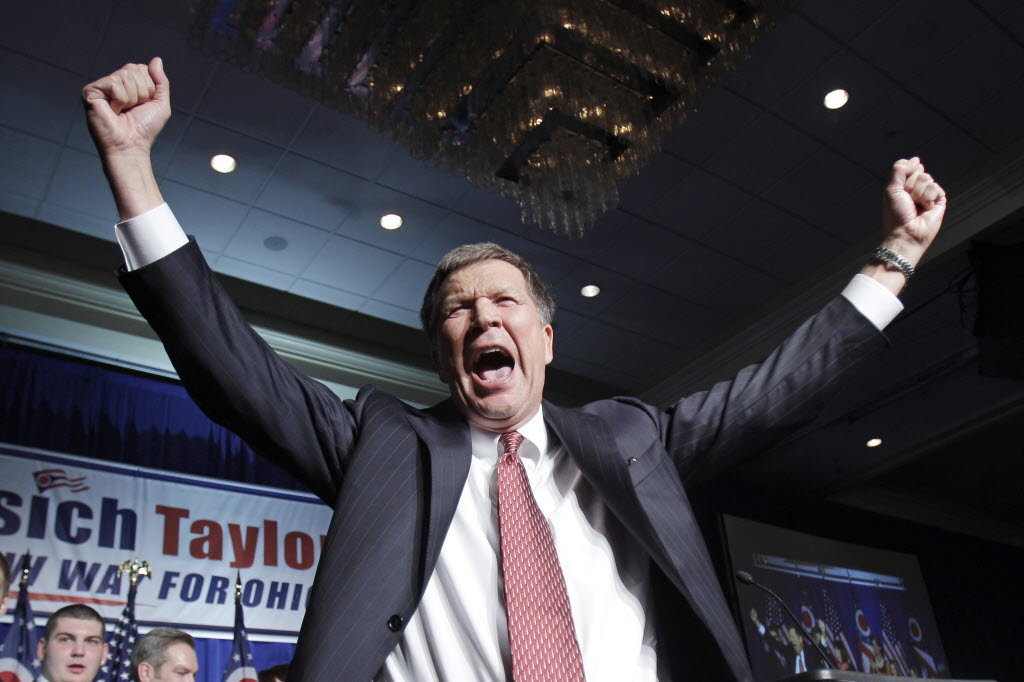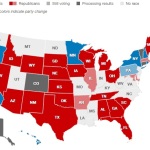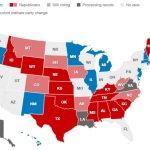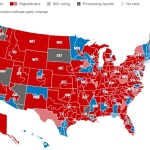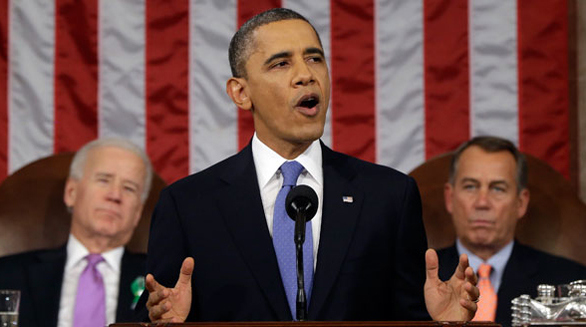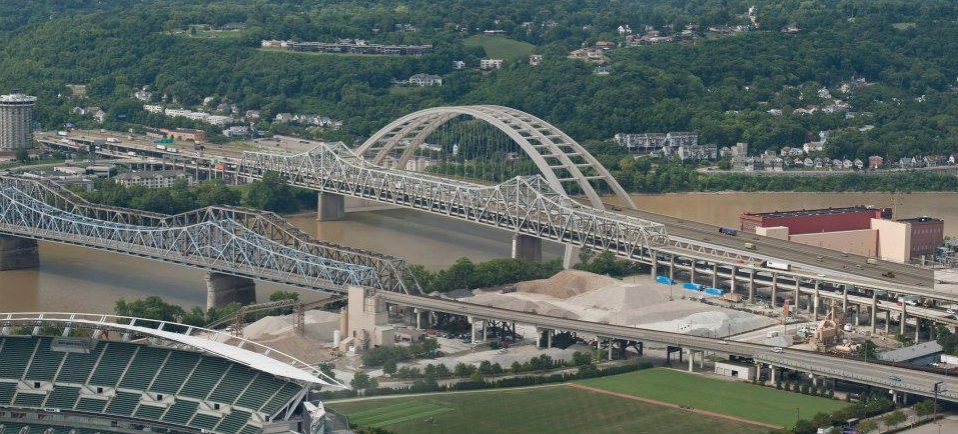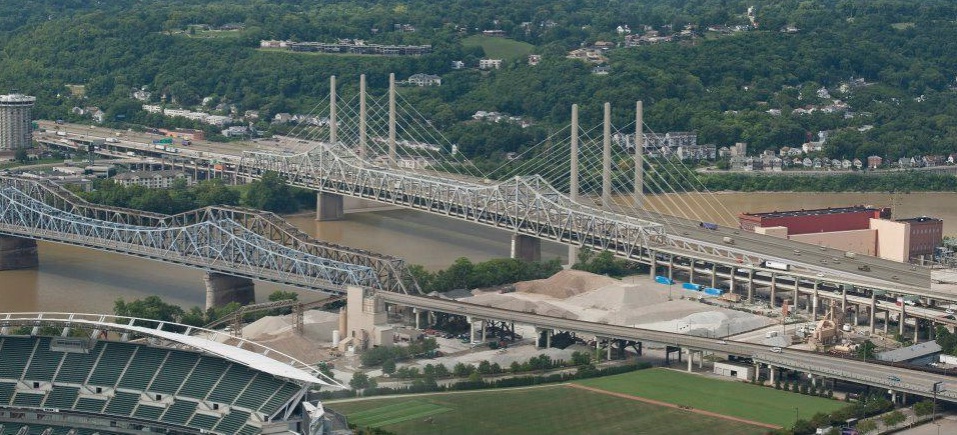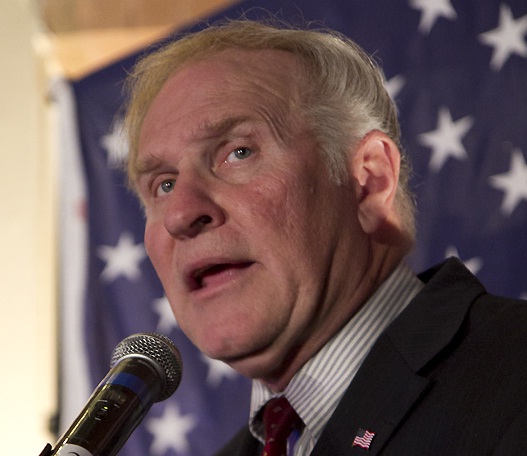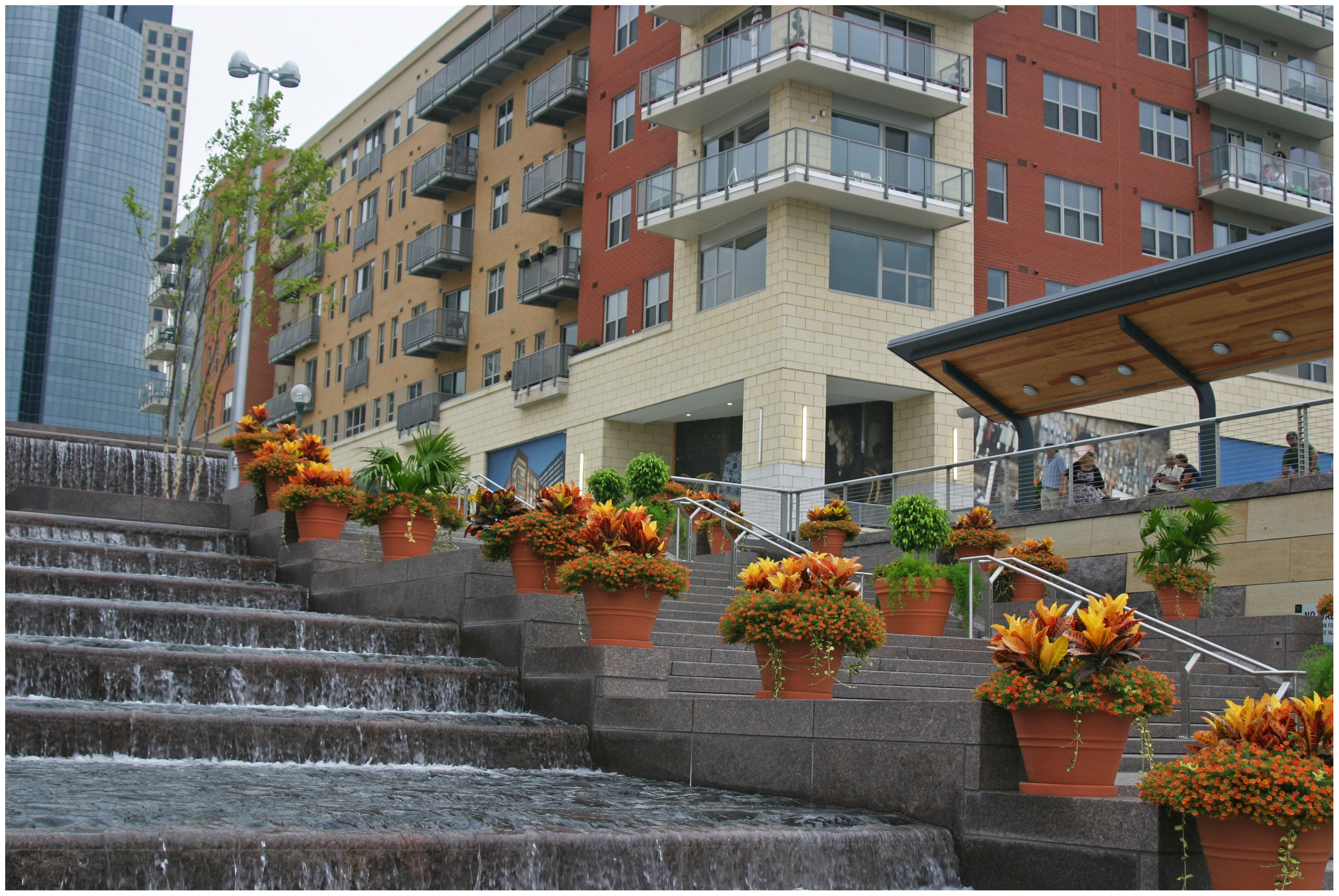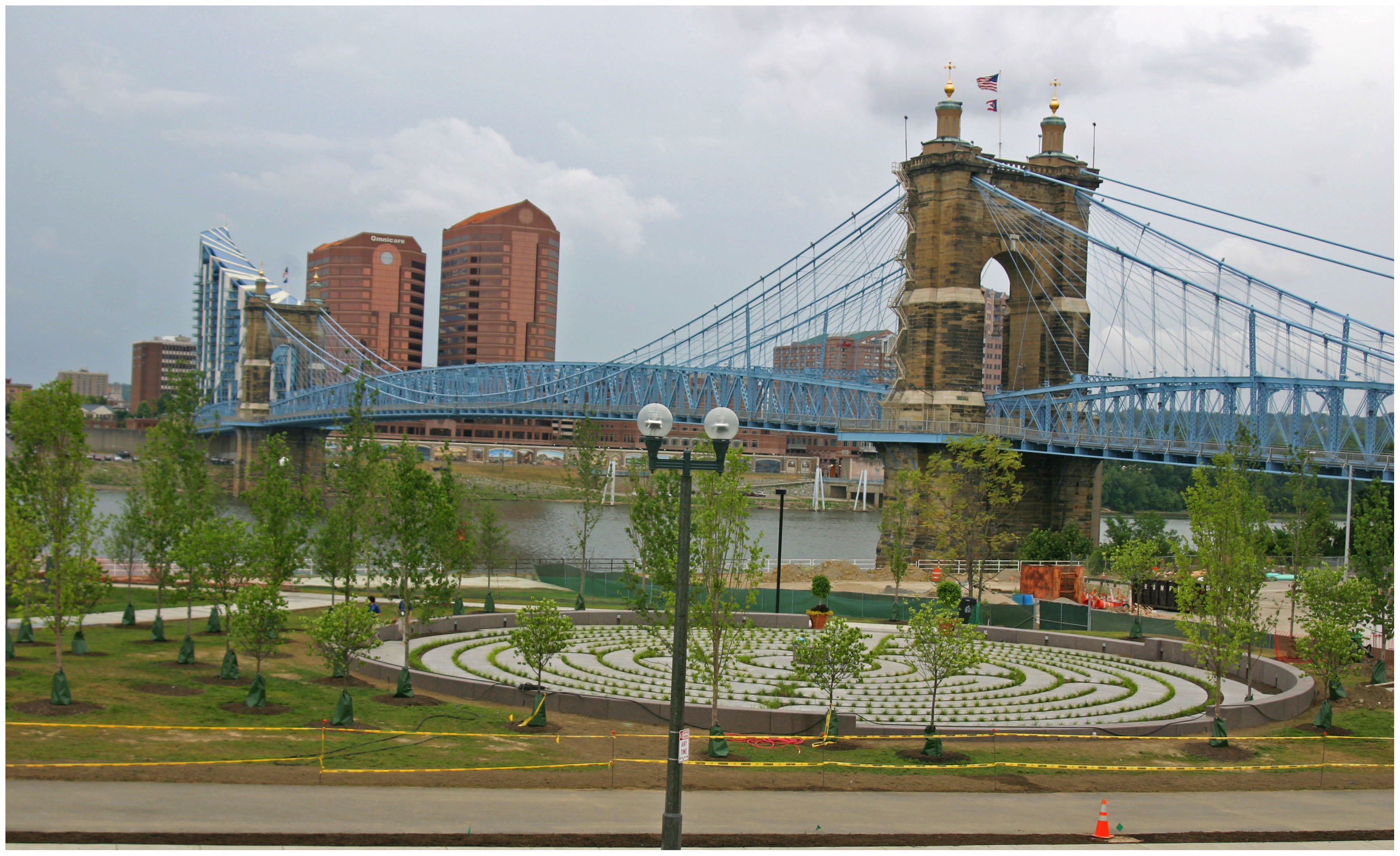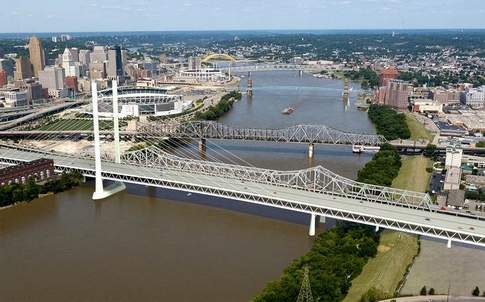It was a predictably bad night for area Democrats as their party suffered strong defeats in virtually every race. Republicans retained state-level control by winning Ohio’s seats for Secretary of State, Attorney General, Auditor, Secretary of State and Governor.
John Kasich’s impressive gubernatorial win over Democratic challenger Ed FitzGerald has now put the Westerville Republican onto the shortlist of potential candidates to challenge Hillary Clinton in the 2016 presidential election. For a sense of how impressive Kasich’s victory was, the incumbent won all but two of Ohio’s 88 counties, including all major urban counties that are typically Democratic strongholds.
Other localized elections in the Cincinnati area were less significant due to the massive redistricting and gerrymandering that occurred in recent years to firmly solidify districts for Republicans.
Democrats and Republicans alike were able to celebrate, however, in the overwhelming passage of Issue 8. The campaign for the so-called Icon Tax got off to a rocky start when supporters felt burned following the removal of Music Hall from the tax against the recommendations of the Cultural Facilities Task Force. The approval of Issue 8 means that a quarter-cent sales tax will go into effect in Hamilton County in 2015 and stay in effect until 2020, providing an estimated $170 million to perform a $231 million renovation of Cincinnati’s historic Union Terminal building in Queensgate.
The big national news was the Republicans retaking control of the Senate. The news was perhaps punctuated by Mitch McConnell’s (R) surprisingly large margin of victory over Democratic challenger Alison Lundergan Grimes. The win now places McConnell – a 30-year Senate veteran – in position to assume one of the most powerful political seats in America as Senate Majority Leader.
During the campaign, both Grimes and McConnell campaigned heavily in Northern Kentucky. In contrast to the Bluegrass State’s other urban areas – Louisville and Lexington – Northern Kentucky voted strongly in favor of the Republican incumbent.
What is unclear as a result of this McConnell victory is the future of the $2.5 billion Brent Spence Bridge project. Both campaigns had focused on project when speaking to Northern Kentucky voters who have pushed back against the idea of using tolls to pay for the project in lieu of waiting for federal funding that has never come during McConnell’s tenure.
Back on the north side of the river, the peculiar race between Cecil Thomas (D) and Charlie Winburn (R) ended in the least dramatic way possible.
The strongly Democratic district was considered to potentially be up for grabs, but Thomas cruised to an easy victory over one of Cincinnati City Council’s two Republicans. This race was particularly intriguing due to the thought that a vacated Winburn seat on City Council would go to a special election in 2015 that would be heavily favored for Democrats, and thus allow for a significant power shift on the divided nine-member council.
In what is perhaps a nod of confidence from voters, Cincinnati Public Schools saw their levy renewal pass with a whopping 70% of the vote. CPS, the area’s largest school district, has now recorded a string of consecutive levy victories following years of significant improvement and national recognition.
For those of you who carry around a Pocket City Charter, a variety of changes to Cincinnati’s Charter through Issue 11, which proponents described generally as housecleaning items. These changes, however, are part of an ongoing effort to update the governing document. It is expected that more dramatic changes are forthcoming, but for now the 213-year-old Charter just got freshened up.
National Results With Local Implications
Going forward, two other issues that continue to move forward nationally, but have yet to come to a head locally include the legalization of marijuana and gay marriage.
Yesterday, voters in Washington D.C., Oregon and Alaska voted to legalize the use of marijuana, while voters in Florida voted against legalizing the use of marijuana for medical purposes. This means that six states have now legalized the recreational use of marijuana, while another 19 have legalized it for medicinal purposes.
Recent polls have shown an overwhelming majority of Ohio voters approve of the legalization of marijuana for medicinal purposes, but the matter has yet to come to a vote. Meanwhile in Kentucky, a SB 43 died when the Kentucky legislature adjourned in April of this year without taking further action on legalizing the use of marijuana for medicinal purposes.
While not a voting decision, a federal judge in Kansas yesterday also overturned that state’s ban on same-sex marriage. This comes at a time where judges across the nation are consistently ruling such bans unconstitutional. With this decision, same-sex couples now have the legal right to marry in 33 states, with decisions pending in Montana and South Carolina.
In both Ohio and Kentucky, judges have ruled in favor of same-sex marriage, but those rulings are currently being challenged and have moved on to higher courts. If the trend continues, as expected, both states will join the group of states where same-sex marriage is now legal.
The night was perhaps best summed up in a single tweet from FiveThirtyEight’s Ben Casselman who wrote, “So voters want a higher minimum wage, legal pot, abortion access and GOP representation. Ok then.”
Indeed.
